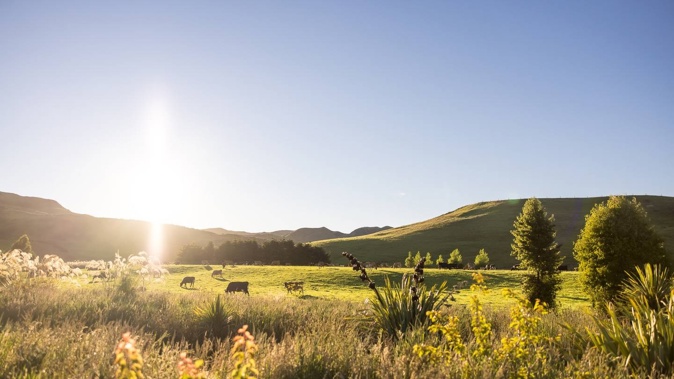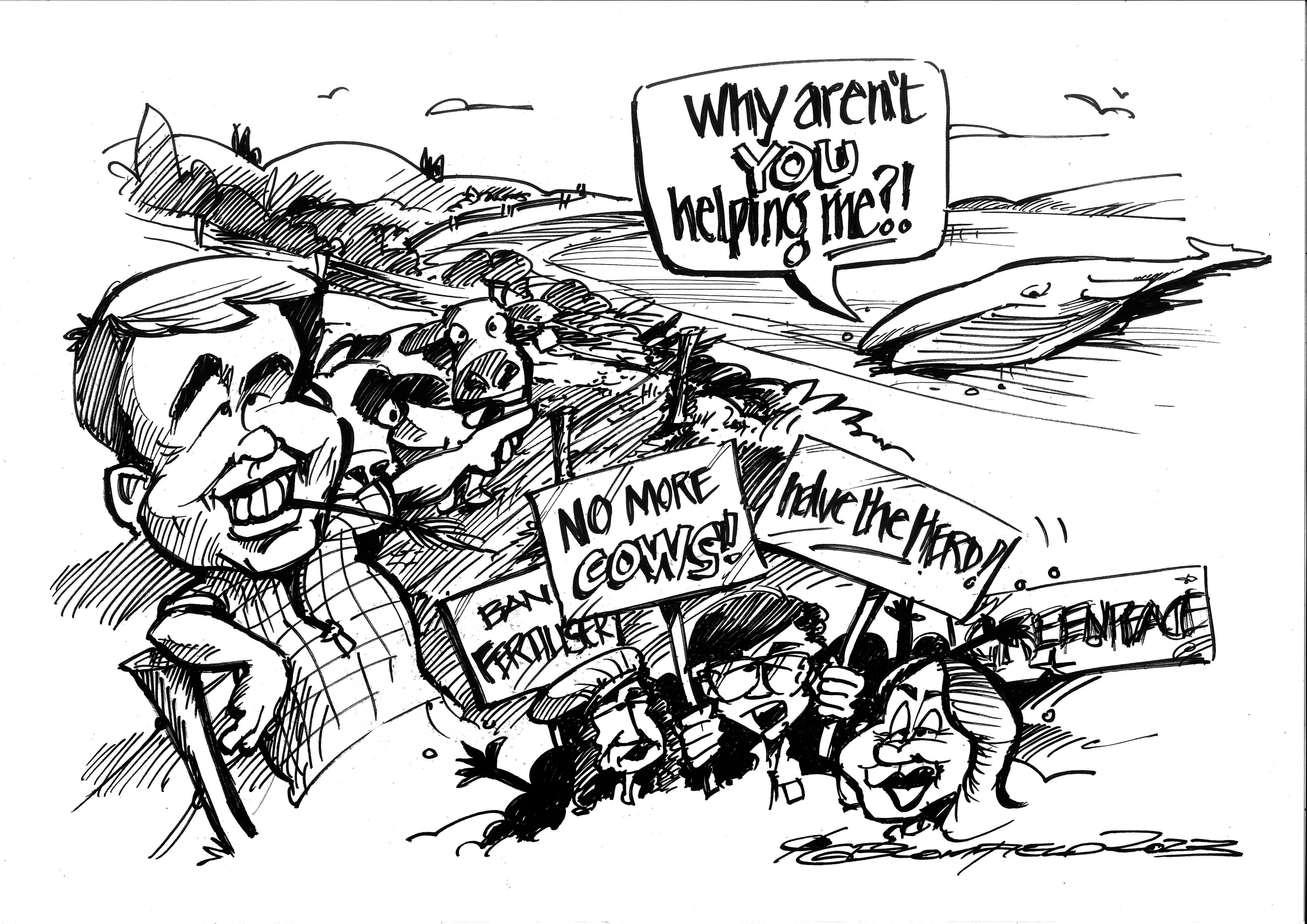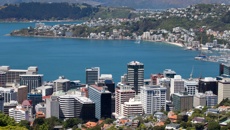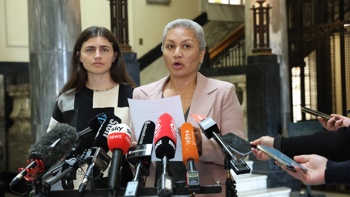
Greenpeace Aotearoa is nothing but an anti-farming lobby group that wants to see the end of productive agriculture as we know it in New Zealand. That’s not an accusation I make lightly, but when I look at Greenpeace’s recent statements and actions, it’s the only logical conclusion I can come to.
Time and again, Greenpeace has shown there is nothing Kiwi farmers could do to improve environmental outcomes or sustainability that would be enough. It has also made it clear it couldn’t care less about facts, science or evidence if they don’t fit Greenpeace’s anti-farming narrative.
Instead, it is fixated on an impractical plan to “halve the herd” and “ban synthetic fertiliser” that is completely removed from reality. Those slogans might look good on a bumper sticker, but in practice they would completely undermine New Zealand’s food production, rural communities and wider economy.
If you’re looking for evidence, you need look no further than early this month when Fonterra announced a bold plan to reduce its emissions intensity 30% by 2030. Kiwi farmers are already the most carbon-friendly in the world, and Fonterra’s new target is asking them to go even further – that’s going to be a real challenge.
But before the dust had even settled, Greenpeace were climbing into Fonterra claiming the targets weren’t credible, didn’t go far enough and lacked ambition.
The trouble for Greenpeace is that Fonterra’s targets were set through the independent and internationally recognised Science Based Targets Initiative. This organisation helps companies set clearly defined and scientifically robust targets to reduce emissions in line with goals of the Paris Agreement – limiting global warming to 1.5C.
True environmentalists would have welcomed such strong leadership from New Zealand farmers, but Greenpeace, instead, was the first to criticise. Nothing Fonterra could have announced would have been good enough for Greenpeace because it is anti-farmer and anti-science.
This isn’t the first time I’ve had to publicly call Greenpeace out on behalf of Kiwi farmers. In fact, it’s not even the first time this year. In May it was caught spreading harmful misinformation that there is a link between nitrates in water and colorectal cancer.
This was a new low for Greenpeace, which was preying on people’s fear of cancer to divide communities and push its anti-farming agenda. It was misleading the public by basing its claims on a single Danish correlation study rather than what the international body of scientific evidence shows.

Advice on this issue should be coming from health professionals, not environmental activists. Greenpeace isn’t remotely qualified on the subject and its claims are wildly out of step with what credible sources like the World Health Organisation, Bowel Cancer New Zealand, the Prime Minister’s chief science adviser, and leading colorectal surgeons are saying.
I want to be very clear that nobody is disputing we have a water quality issue in this country. There are plenty of good reasons for us to be working to reduce nitrates in waterways, but Greenpeace’s misinformation isn’t one of them.
Farmers are aware they need to make changes and have been working hard in their communities and catchments for over a decade to improve environmental outcomes. We’ve fenced and planted waterways to exclude cattle and absorb nutrients, and we’re now a lot more precise with the way we use fertiliser, which means we use less of it.
It’s a complex challenge and farmers are doing all the right things, but it takes a long time for nitrate-rich water to work its way through the groundwater system. It will take time for us to start to see the fruits of our improvements, but I’m confident we are heading in the right direction and will see results.
Until then, Greenpeace needs to be held accountable for the accuracy of its claims and the information they share with the public that causes needless stress, anxiety, confusion and division.
New Zealanders liked Greenpeace a lot more when it stuck to saving whales. They should get back to that and stop slagging off our world-leading farmers.
Take your Radio, Podcasts and Music with you









